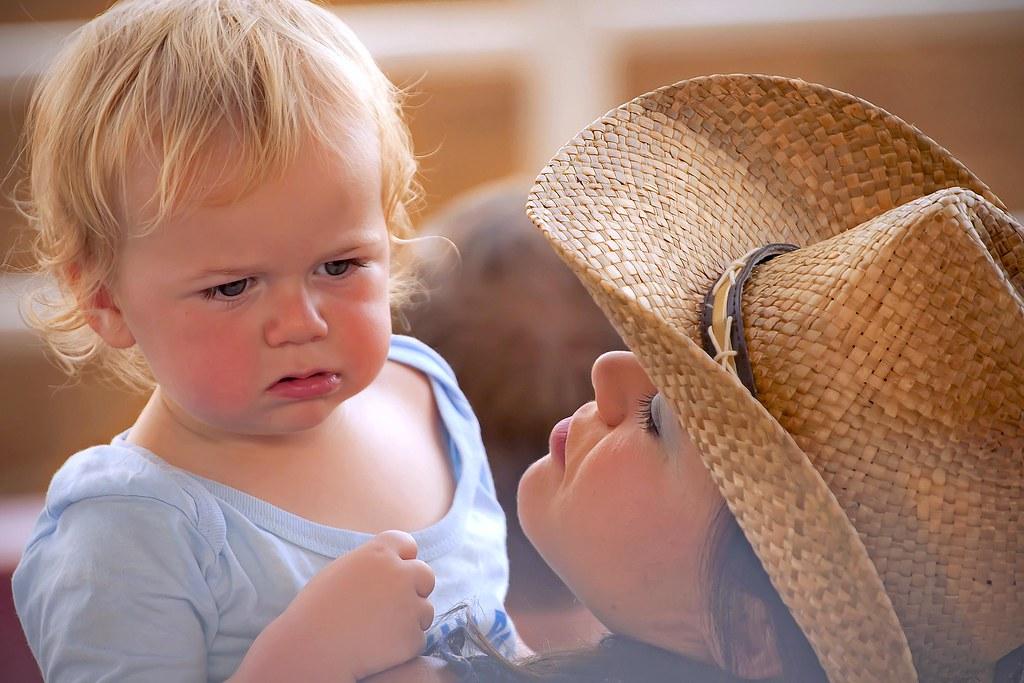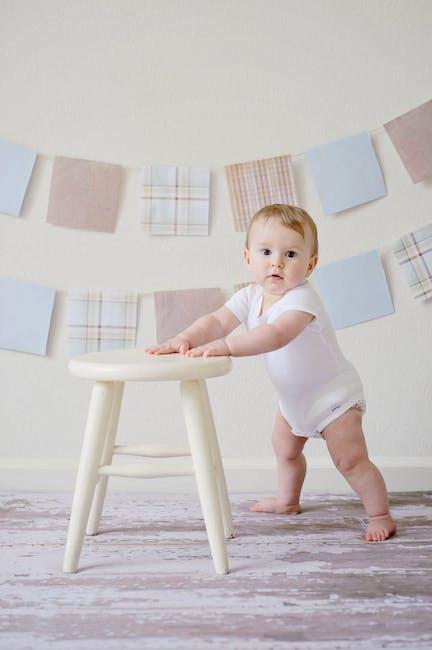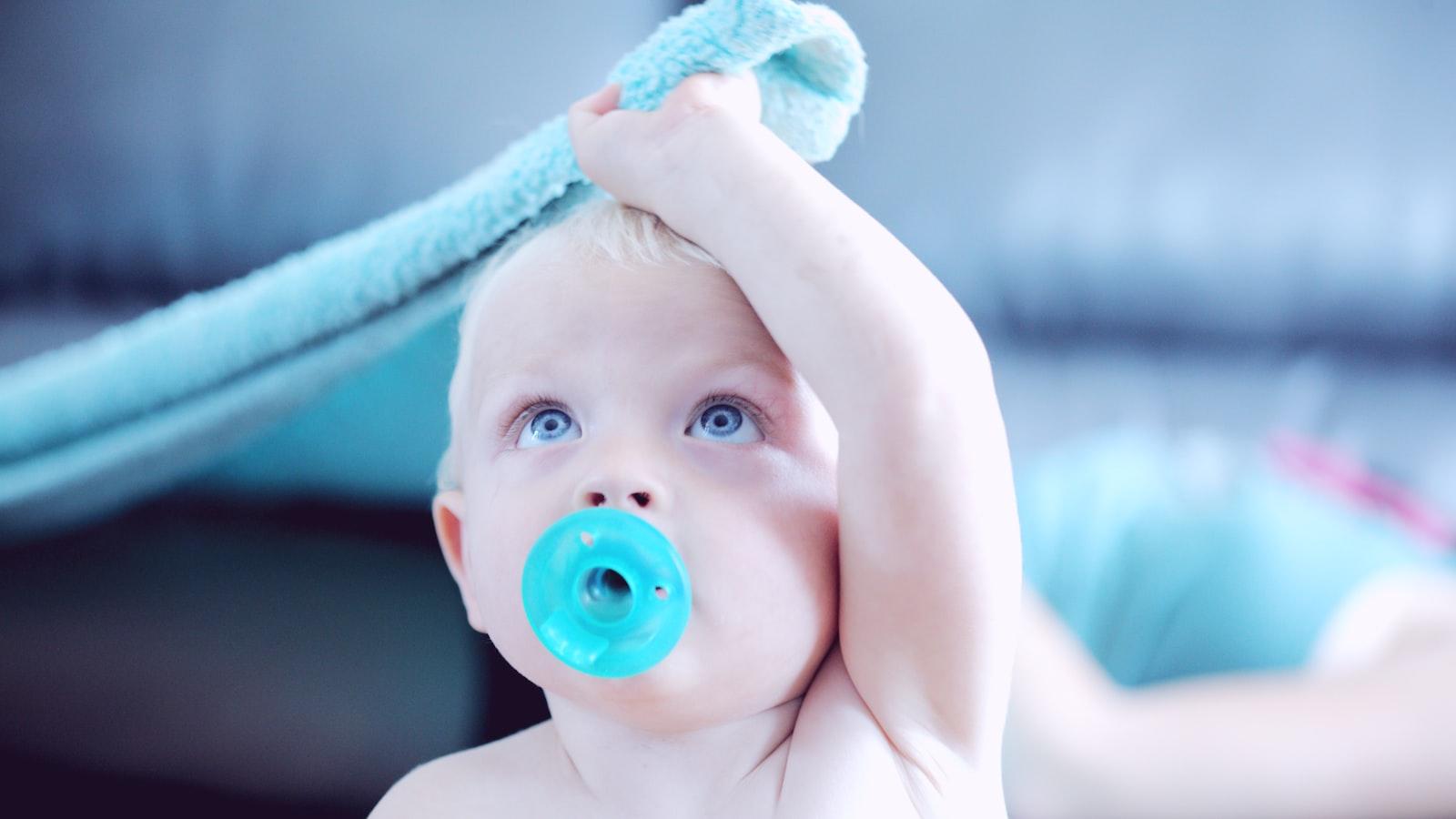Bathing is an important part of a baby’s daily routine and can help them relax and get ready for sleep. It turns out there may be more to it than just the calming water. Studies suggest that babies may actually sleep longer after a bath due to the effects of warm water on their bodies. The physical and emotional benefits of bathing can also help a baby to relax and feel secure, leading to better sleep. In this article, we’ll discuss why babies tend to sleep longer after a bath and how parents can use this knowledge to help create healthy sleep habits for their little ones.The benefits of a bath for babies are numerous. Bathing can help to improve baby’s overall well-being, as it helps to relax and soothe a fussy baby. It can also help to strengthen their skin barrier, remove dirt and bacteria, and keep them clean. Additionally, bathing can stimulate their senses, reduce the risk of rashes, and provide an opportunity for quality bonding time with their parents or caregivers.
How Long Do Babies Usually Sleep?
Babies require a lot of sleep to grow and develop properly. On average, newborns sleep between 16 and 18 hours per day, with most babies sleeping for about 15 hours a day. As babies get older, they tend to sleep less during the day and more at night. By 2 months old, most babies have settled into a pattern of sleeping around 14 hours per day, with 11-12 hours at night and 3-4 hours during the day.
By the time they are 4 months old, most babies have dropped their daytime naps down to 2-3 hours per day. They may even skip a nap altogether at this age. By 6 months old, many babies will only need one nap in the afternoon that lasts for 1-2 hours.
As babies get closer to their first birthday, their daytime naps will usually decrease further to one hour or less per day. However, it’s important to note that every baby is different and some may still take two naps up until they are 18 months old or even longer.
It’s also important to note that all babies have different sleep needs and patterns. Some may take shorter naps than others or wake up more frequently throughout the night. It’s important for parents to pay attention to their baby’s individual needs so that they can get enough restful sleep each day.
Environmental Factors
Environmental factors can significantly influence a baby’s sleep patterns. The temperature of a baby’s bedroom should be kept at a comfortable level to ensure they don’t get too hot or cold while sleeping. Additionally, the amount of light in the room should be considered as too much light can cause the baby to become overstimulated and have difficulty settling for sleep. A dark environment with soft music playing can help a baby relax and fall asleep.
Developmental Milestones
As babies grow and reach different developmental milestones, their sleep patterns may change. It is important to be aware that when babies are teething, going through growth spurts, or mastering new skills such as crawling or walking, they may have difficulty settling into regular sleep patterns. Providing extra comfort and support during these times can help them feel secure and fall asleep easier.
Sleep Schedules
Establishing a consistent sleep schedule is essential for ensuring good quality sleep for babies. Having regular nap times throughout the day and a consistent bedtime routine helps babies learn how to settle themselves for sleep. Additionally, getting enough daytime naps helps ensure that they are not overtired by bedtime which can lead to difficulty falling asleep.
Nutrition
Nutrition plays an important role in influencing a baby’s sleep patterns. Breastmilk or formula provides essential nutrients that help babies develop and grow properly, as well as aiding in healthy sleeping habits. It is important to ensure that babies are getting proper nutrition throughout the day so that their bodies are able to rest at night.
Parental Support
Parental support is key when it comes to helping babies get good quality sleep at night. Parents should provide comfort and reassurance when needed throughout the day as well as during nighttime wake-ups if they occur. Additionally, parents should make sure that their own stress levels are under control since this can affect how babies respond to their environment and how easily they fall asleep each night.
What Happens to a Baby After a Bath?
Bathing can be an enjoyable experience for both parents and babies alike. After a bath, the baby will be more relaxed and content. This is because the warm water helps to soothe their skin, while the massage-like motions provide tactile stimulation. The gentle splashing of the water also helps to stimulate their senses. As a result, babies often become calmer and sleepier after bath time.
The baby’s skin will also be softer and cleaner after a bath as dirt, sweat, and other impurities are washed away. The warm water can also help to loosen and remove any crusty residue from diapers or clothing that may have been left on the skin for too long. Additionally, applying lotion or oil after a bath helps to lock in moisture and keep the skin hydrated.
Bath time is also an important bonding experience between parent and child. During the bath, parents are able to talk with their baby or sing songs which can help in language development as well as create positive memories for both parent and child. This time should be enjoyable for both parties involved!
Finally, it is important to make sure that all necessary safety precautions are taken during bath time such as always having adult supervision at all times, never leaving your baby unattended in the tub or sink, using mild soaps or shampoos with no added fragrances or dyes, and making sure that the water temperature is not too hot or cold for your little one’s delicate skin!
Bathing Your Baby: Skin Benefits
Bathing your baby can be an enjoyable experience for both parent and child. It’s also an important part of skin care that can help keep your baby’s skin healthy and free of irritations. From soothing dry skin to helping prevent diaper rash, regular baths have a number of benefits for your baby’s skin.
One of the main benefits of bathing your infant is that it helps to keep their skin moisturized. When you bathe your baby, you can use a mild cleanser and warm water to help lock in moisture and protect the delicate outer layer of their skin from drying out or becoming irritated.
Another benefit is that it can help remove dirt, oils, and bacteria that can accumulate on the skin throughout the day. This is especially important when it comes to diaper rashes, which are caused when urine and feces mix with bacteria on the skin. Regular baths can help reduce the risk of diaper rash by washing away any bacteria or irritants that could cause discomfort.
Bathing can also be a great way to provide some relief from other types of common skin conditions such as eczema and cradle cap. When you bathe your baby, you can use a gentle cleanser and warm water to help soothe irritated areas or loosen any dry patches on their skin.
Finally, regular baths can help promote overall good hygiene by keeping your baby clean and free from germs. This is especially important during cold and flu season when germs are more likely to spread through contact with other people or surfaces.
Overall, bathing your baby regularly provides a number of benefits for both their physical health and mental well-being. Not only does it keep their skin moisturized and free from irritations, but it also helps promote good hygiene habits that will last into adulthood.
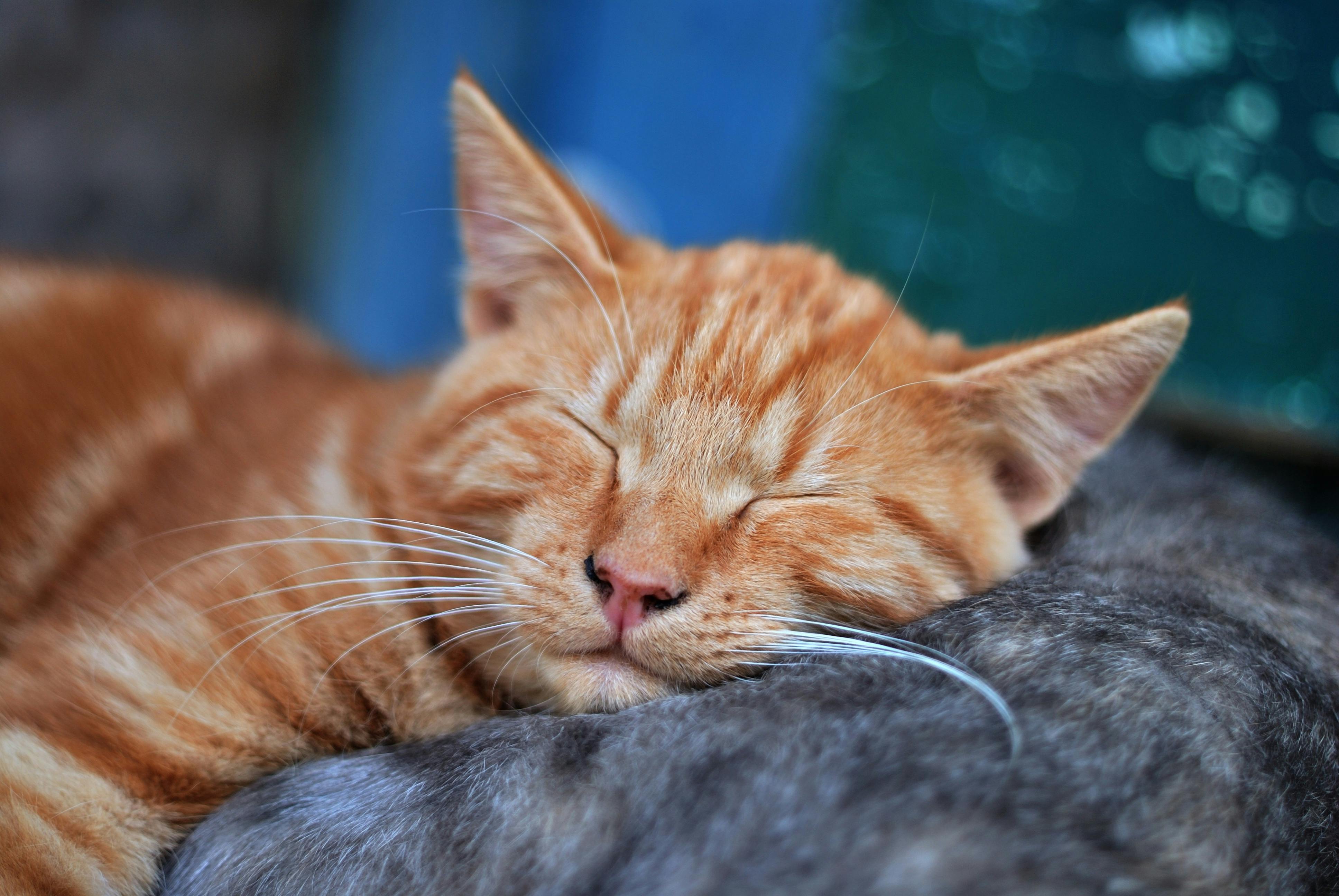
Temperature and Baby Sleep
It is important for parents to ensure that their baby is comfortable and able to sleep soundly. The right temperature is a key factor in achieving this. Temperature can affect the quality of baby’s sleep, so it is important to find the right balance. Babies tend to sleep better when the room temperature is between 65-70 degrees Fahrenheit. It is also important to make sure that baby’s clothing, bedding, and blankets are not too thick or heavy. They should be just enough to keep baby warm without overheating them.
If the room temperature is too hot or too cold, it can lead to difficulty sleeping for babies. Too cold temperatures can cause baby to become restless and fussy, while too hot temperatures can make them uncomfortable or cause them to overheat. If your baby’s room tends to get too hot or too cold, consider using a fan or air conditioning unit to help regulate the temperature and improve their sleep quality. Additionally, if you are using a space heater in the room, make sure it is out of reach of your baby and never leave it on unattended.
Overall, finding the right balance of temperature in your baby’s room can help ensure that they get a good night’s sleep every night. Keeping the room at an appropriate temperature will help keep them comfortable and content throughout the night so they can stay well-rested and full of energy during the day!
The Role of Bath Time in Establishing Bedtime Routines for Babies
Bath time can be a great way to start off your baby’s bedtime routine. It is a calming and soothing activity that can help your baby relax before bed. Taking a warm bath can help your baby wind down and prepare for sleep. A warm bath helps to relax the muscles, which can make it easier for your baby to drift off to sleep. Additionally, the warm water helps to release endorphins, which can help relax your baby and promote peaceful sleep.
Bath time is also a great opportunity for bonding with your baby. You can use this time as an opportunity to talk and sing with your baby or play games in the bathtub. This will not only help build a strong bond between you and your little one but will also create positive associations with bedtime, making it easier for them to transition into sleep mode when the time comes.
When it comes to bath time, consistency is key. Having a consistent bedtime routine helps babies stay on track with their sleeping schedule and keeps them from becoming overtired or overstimulated before bedtime. Stick to the same routine each night – give your baby a warm bath followed by some cuddles and then tuck them into bed. Doing this every night will create a positive association with bedtime in their minds and make it easier for them to settle down when it’s time for sleep.
Overall, bath time is an important part of any bedtime routine for babies and toddlers alike. Not only does it help relax their bodies so they’re better prepared to drift off into dreamland, but it also provides an opportunity for bonding with your little one while creating positive associations with bedtime that will help them settle down when the time comes. So go ahead – start off each night with a soothing bath and watch as your little one drifts off into dreamland!
The Impact of Bath Time on a Baby’s Calming Reflexes
Bath time can be an important part of a baby’s development. It can help to establish good sleep habits, as well as provide a calming and soothing environment for the baby. Furthermore, research has shown that regular bath time can help to stimulate the baby’s calming reflexes, which can help the baby to become more relaxed and content.
When a baby is given a bath, it helps to create a sense of safety and security for them. The warm water is soothing and calming, while the gentle massage of the skin helps to relax their muscles and stimulate their calming reflexes. Additionally, bath time can also provide an opportunity for physical contact between the parent and child, which can further help to create feelings of comfort and security.
Furthermore, bath time can also help to establish good sleep patterns in babies. The warm water helps to relax the body and mind, which can make it easier for them to settle down for the night. Additionally, it is also important that parents establish a routine when it comes to bathing their babies as this will ensure that they develop healthy sleep patterns from an early age.
In conclusion, bath time is an important part of a baby’s development as it helps to establish good sleep habits and stimulate their calming reflexes. By regularly providing a warm and safe environment during bath time, parents can help their babies become more relaxed and content throughout the day.
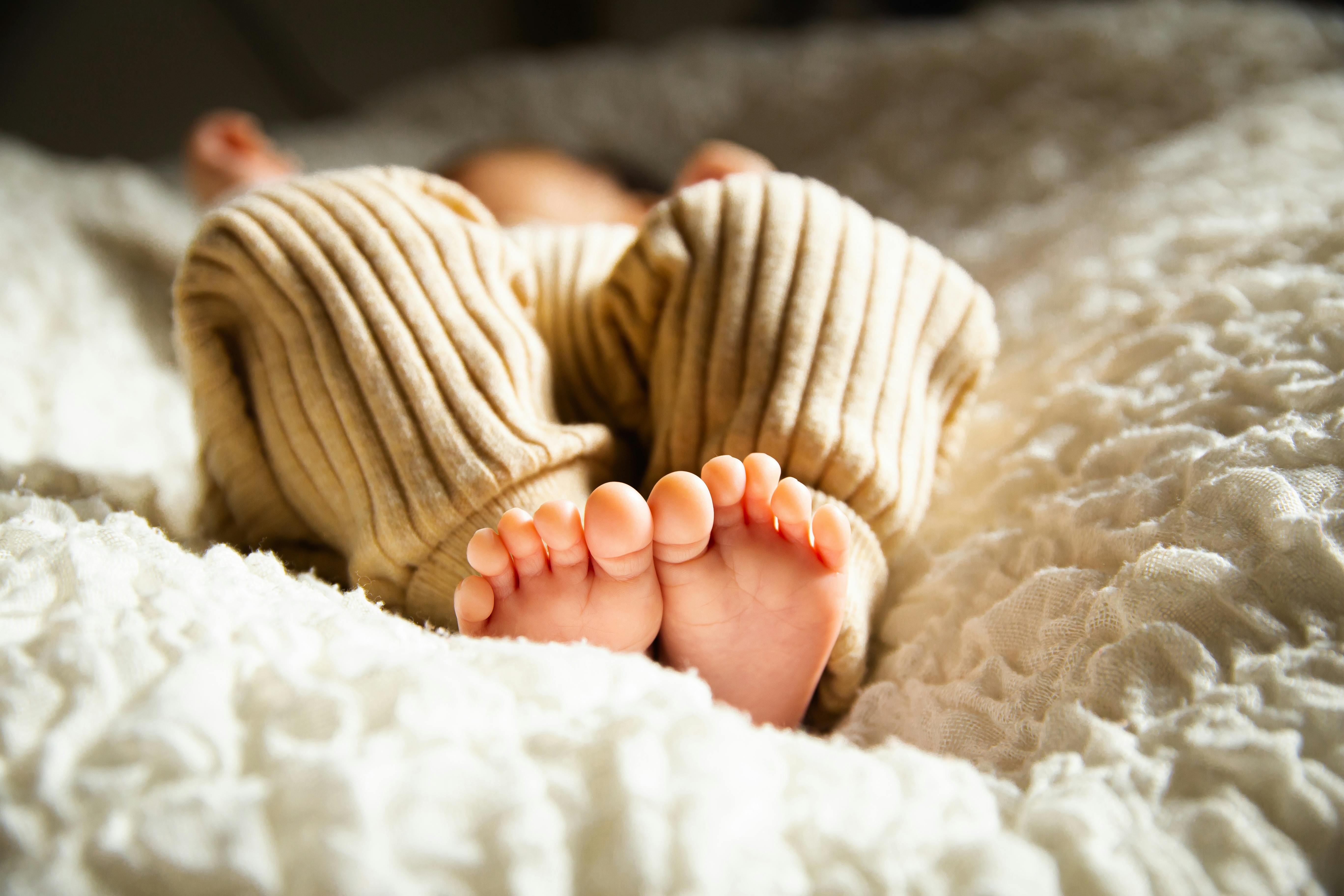
Conclusion
It is clear that taking a warm bath before sleep can help babies sleep longer and more deeply. The warm water helps relax the baby physically and emotionally while also helping to reduce stress hormones. Additionally, the warm water can help soothe the baby’s skin, making them comfortable when it’s time to lay down. Furthermore, taking a bath can be part of your baby’s bedtime routine, which will help your child become accustomed to sleep and make it easier for them to fall asleep more quickly.
In conclusion, taking a bath before naps or bedtime is an easy and effective way to ensure that your baby gets enough restful sleep. Even if your baby doesn’t necessarily like baths, it is still important to include this in their routine in order to set them up for success in terms of getting enough restful sleep.

